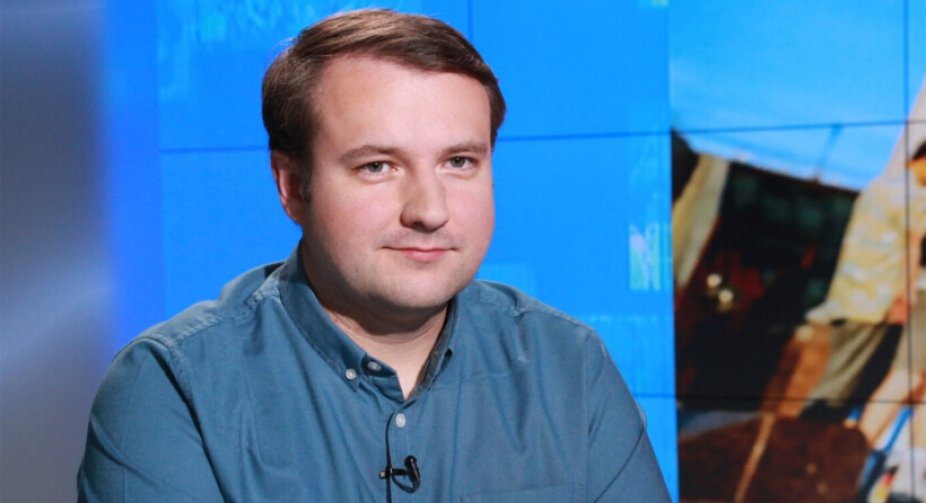Ukraine's position in negotiations with Russia remains strong enough not to accept Russia's ultimatum, but to demand de-occupation. This was stated by Petro Oleschuk, a doctor of political sciences and lecturer of the Kyiv National University, to frontnews.
Why, after the first round of talks, which took place on February 28, did Russia intensify air and artillery strikes on Ukrainian cities, if it has already declared its readiness to meet again? If they resorted to a diplomatic format, how expedient is it to go to war?
To be honest, I think that in this way they are trying to influence Ukrainian society, trying to demoralize it in order to weaken resistance. This is their usual tactic. The blitzkrieg didn't work, it didn't work to seize all the targets, so they turn to this kind of psychological pressure, to put pressure on Ukrainian society. They won't succeed, of course, but they will end up committing a lot of war crimes on top of the ones they have already committed.
They have come to the format of the Third Reich war.
These strikes are just an element of intimidation. Since they have no reserves left for a ground operation, or, on the contrary, they have enough strength, are they preparing for more ground attacks with armored troops and motorized infantry?
Yes, of course they can prepare, they can break through, but that does not mean they can get a foothold there, because the resistance is very strong - a real popular resistance.
Isn't that a losing position, because the international community will now be more intolerant of Russia's policies and demands in the negotiations?
Yes, of course, this will affect the perception of other countries. But it's hard to say what strategy they will choose now. They have failed one strategy, and now they are hurriedly working out a new one, and it's hard to say what it will be. So far, I see that they have completely failed their diplomatic line and are concentrating solely on trying to put psychological pressure on Ukrainian society. But this will bring nothing but destruction and casualties.
How did you feel about the fact that Medinsky was involved in the negotiations?
I was indifferent. In fact, he is an unknown figure to us, and it doesn't matter what odious things he has done or done. Everyone understands that this figure decides nothing, and only voices the Kremlin's narrative.
Is it true that one of the demands of the Ukrainian side at this stage was the de-occupation of Crimea?
Most likely, indeed, the issue of de-occupation of Crimea was accepted, because Ilvi Umerov, one of the leaders of the Crimean Tatars, was included in the delegation. Obviously, he was included in the delegation only to raise the issue of Crimea.
How justified was the decision to start negotiations without international mediators?
To be honest, you have to understand that what is happening now can hardly even be called negotiations. It's more like a preliminary consultation before the negotiations. We don't even know how many rounds of such consultations there will be. Perhaps at some point there will be other participants in these processes. So far, we cannot say that any processes are moving forward. So far the sides have only laid out their positions. Let's see how the presented points will be discussed further.
